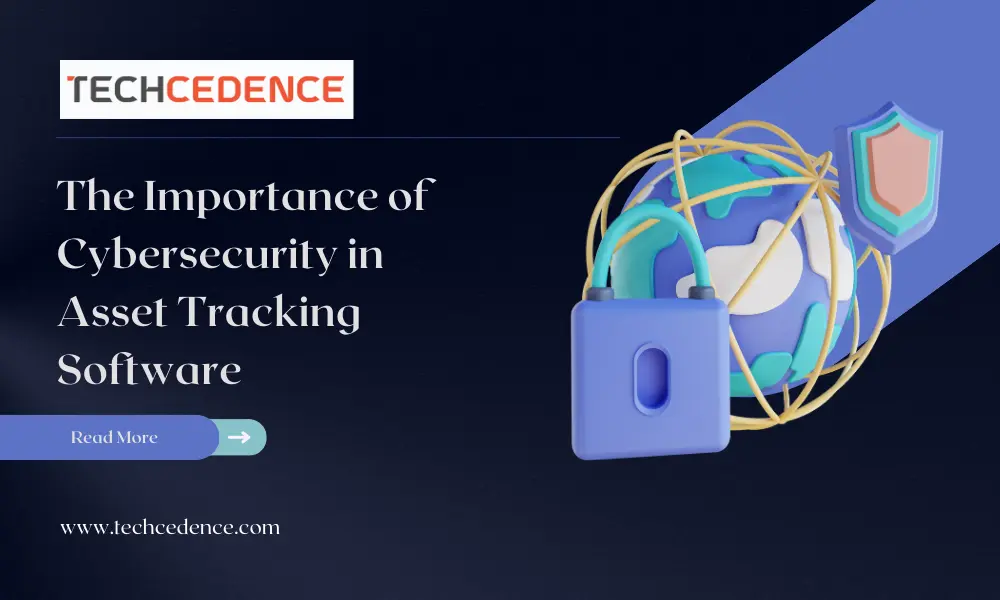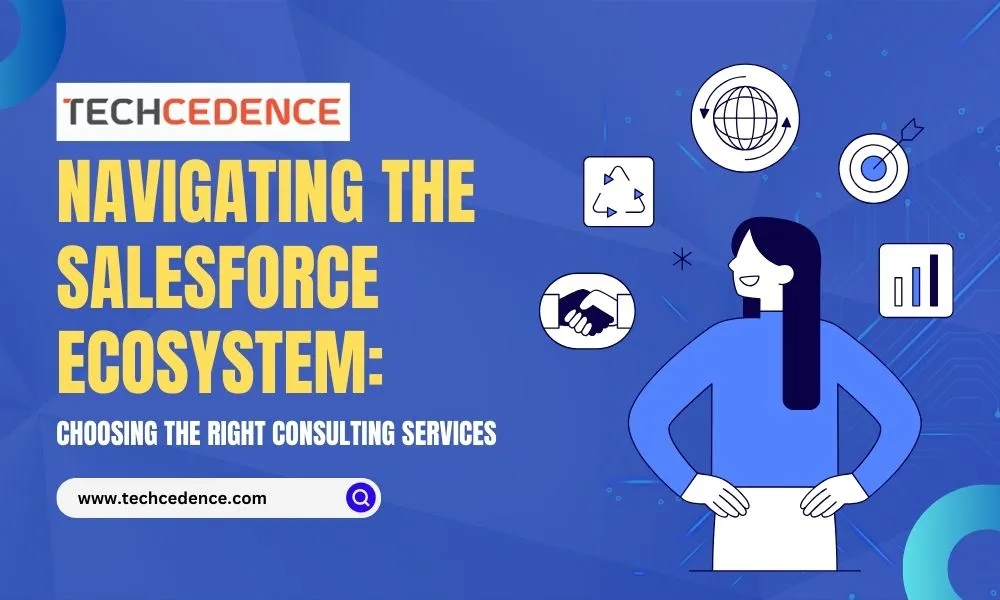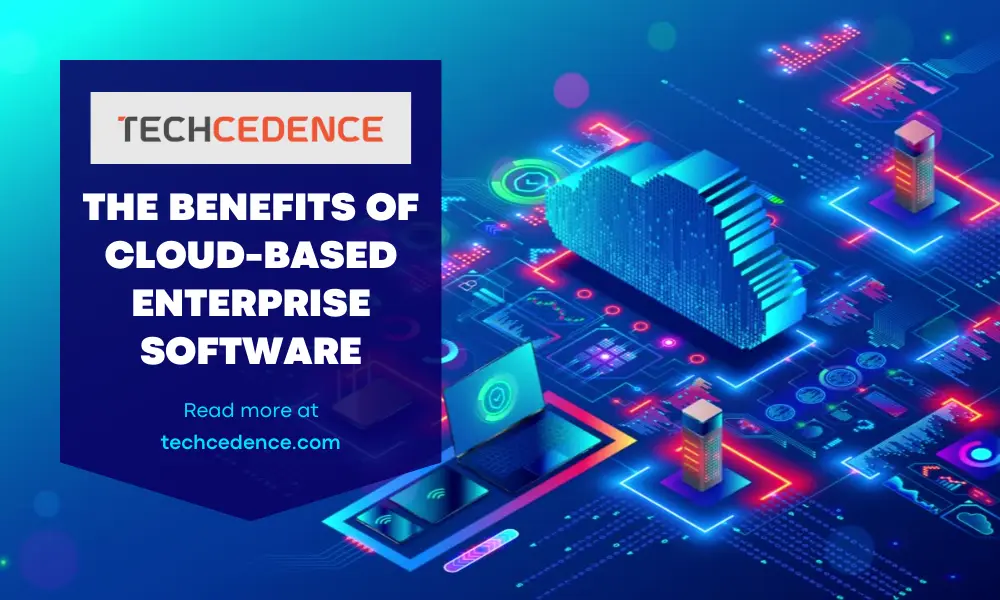From e-commerce platforms to social networks, the digital landscape is full of web applications that connect us in unprecedented ways. This connectivity, however, comes with a catch which is the vulnerability of web applications to all kinds of cyber threats. In this blog, we’ll have a look into the world of web application testing service provider, how to explore their significance, how to choose the right one, and the factors to consider during such decision-making process.
Understanding Web Testing Services:
Web application testing process involves a series of systematic checks and evaluations in order to identify issues and ensure that a website or web app functions as intended. There are different types of web testing, such as:
- functional testing
- performance testing
- security testing
- compatibility testing
- usability testing
These address various aspects of a digital platform’s functionality, and these tests collectively guarantee a seamless user experience as well as protect against any potential vulnerabilities.
One of the primary responsibilities of the software testing companies is to ensure quality assurance and bug detection in the software that is being developed.
Factors to Consider When Choosing the Right Web Testing Service Provider:
Outsourcing web application testing services brings many benefits:
- It allows organizations to utilize the expertise of professionals specialized in various testing methodologies.
- Use cutting-edge tools
- Maintain objectivity in identifying and resolving issues.
Selecting the right web application testing services provider requires a proper evaluation of several key factors such as:
1. Expertise and Experience:
Look for a provider with a proven track record when it comes to web testing and who has a deep understanding of your industry. Their experience with similar projects to yours can contribute to efficient testing as well as issue identification.
2. Testing Methodologies and Tools:
Ensure the provider is well-versed in modern testing methodologies, such as Agile, which can enable iterative and collaborative testing. They should also have the right expertise in using automation tools to streamline their testing process.
3. Customization and Flexibility:
Each and every digital platform is unique, and the testing strategy should reflect that. A reputable provider will offer a tailored testing solution that caters to your specific needs and challenges. Also, the provider should be able to accommodate the growth of your digital assets in the long run.
4. Reputation and Reviews:
Research the web app testing service provider’s reputation by checking their client testimonials, case studies, and online reviews. Positive feedback from their satisfied clients indicates a reliable and effective service.
Steps to Evaluate Potential Web Testing Service Providers for Your Business:
To choose the right web testing service provider, follow the steps mentioned below:
1. Define Your Testing Requirements:
Outline the types of testing you require clearly, including functional, performance, security, and others if any.
2. Research Potential Providers:
Compile a list of potential web app testing providers based on recommendations and online searches.
3. Request Case Studies and Sample Reports:
Ask for their case studies and sample reports that showcase their previous work in order to gauge their expertise and thoroughness.
4. Conduct Interviews or Consultations:
Engage with potential providers to gain insights into their approach and capabilities.
5. Assess Pricing and Cost Structure:
Consider your budget and compare the costs of different providers, keeping value and quality over the cheapest option as your priority.
Selecting the right web application testing service and web application testing tools is a decision that will impact the security, performance, and overall quality of your web applications and the web app testing process. By carefully considering your needs, focusing on key testing capabilities, and assessing factors like scalability, integration, and reputation, you can make an informed choice on the perfect Web Application Testing Service Provider for you who can contribute to the success of your digital assets. Choose wisely to empower your organizations with a testing service that will align with the dynamic challenges of your digital landscape.









